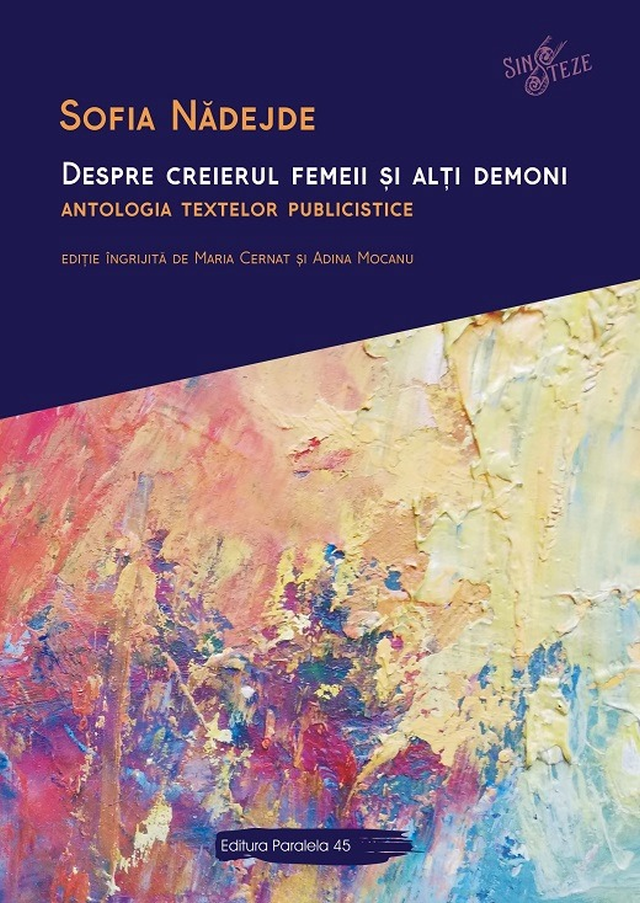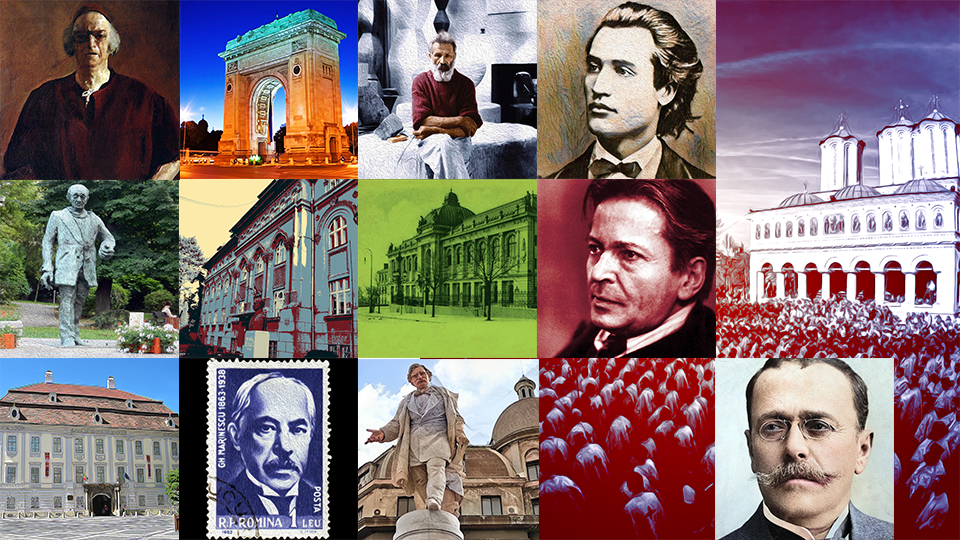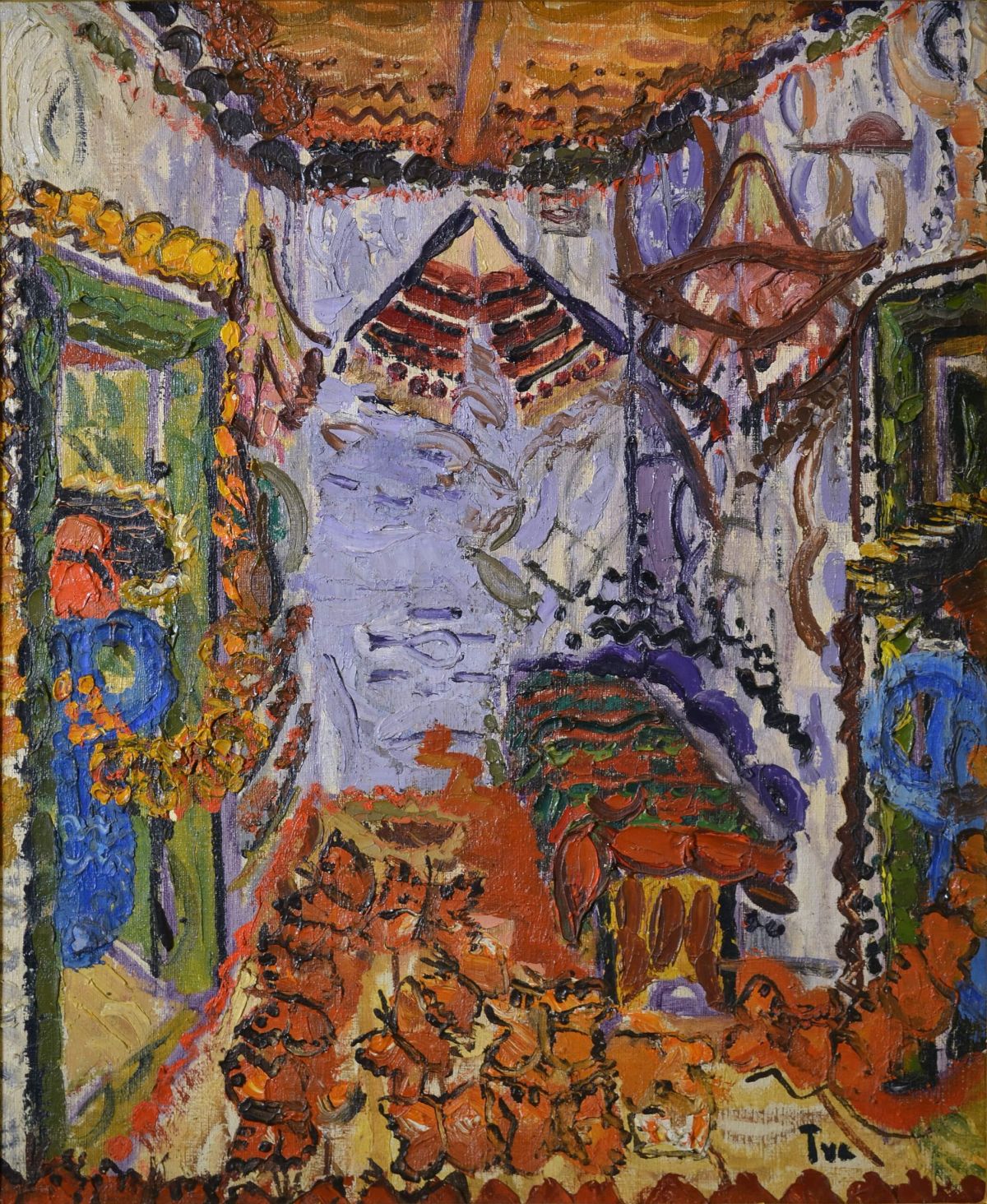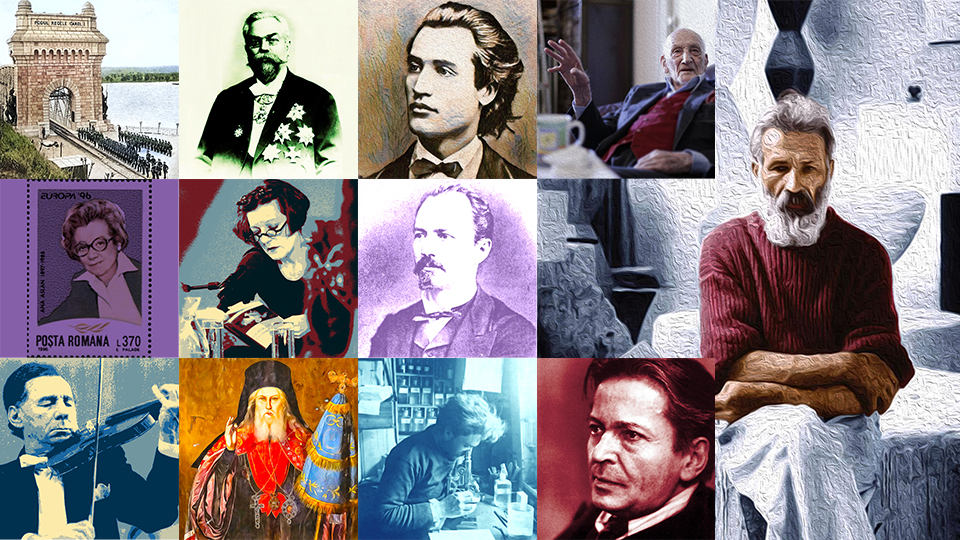Sofia Nadejde

Christine Leșcu, 21.02.2020, 10:53
Romanian society had stepped up its
modernization process and its orientation towards the West in the second half
of the 19th century. Ever since, women’s right have been subject to
debate in Romanian media. Such a valuable initiative was made possible thanks
to the activity of several feminist associations which at that time took
affirmative action in support of women’s rights to education as well as for
women’s right to vote. Accordingly,
through the initiative of several women intellectual women, women in their
entirety began questioning their traditional role which granted them limited,
if any, access beyond the private sphere. Feminist activist women also sought
to influence the public sphere. Among them, journalist, translator and novelist
Sofia Nadejde, who was born in 1856 in Botosani. A collection of her feminist
articles has recently been brought out by the Paralela 45 publishers. The
volume is titled About a woman’s brains and other demons and was jointly
edited by Maria Cernat and Adina Mocanu.
Maria Cernat:
She fought her battles
on several fronts at a time. Apart from the fact that the family she had can
today be viewed as successful and numerous, as she had four girls and two boys,
plus another girl who had died in early childhood, all her children had
exceptional career. Furthermore, Sofia Nadejde was an activist woman and she
wouldn’t have favored being presented as a successful woman in the lifestyle
magazines of her time. She was a serious woman, extremely focused in her
observations and studies and was very close to the life of the poor simpletons.
She would have liked it a lot to emancipate herself alongside all women in
Romania. She wasn’t fighting for the rights of privileged women. That is why it
seems a little bit odd she did not fight for women’s right to vote because,
given the census suffrage was in place, the right to vote would have been
granted to a very limited number of women. Only the well-to-do had the right to
vote back then. Reason enough for Sofia Nadejde to pledge she was interested to
fight for all women and not for the privileged ones.
Some of women intellectuals who in the 19th
century took affirmative action for the emancipation of women advocated the
idea that, notwithstanding, women had to retain their traditional role yet some
extra rights should have been granted to them. Sofia Nădejde wanted a thorough
change of that paradigm. And it was not only that that set Sofia Nadejde apart
from the vast majority of the intellectuals of her time. Herself and her
husband, Ioan Nadejde, were adepts of socialism, a marginal ideology in
Romania, at that time.
Maria Cernat:
She made her debut in
socialist magazines that today maybe be described as feminist. One of them was
The Romanian woman, and then she contributed to The Contemporary for a long
time. That mainly happened in the last years of her life when she mainly wrote
texts firmly supporting women’s rights. She shifted her focus to writing
literature and, using literary means of expression, she did what is today known
as art for social purpose. Herself and her husband Ioan Nadejde, assumed art
for social purposes together with other socialists of her time, such as Constantin
Dobrogeanu-Gherea. So initially, Sofia Nadejde dealt with women’s rights, with
women’s status in Christianity, prostitution, the situation of the family,
there were issues having to with political philosophy. Then Sofia Nadejde
prioritized her literary activity, without however ignoring her socialist
ideology. She advocated women’s right to work, their independence, and not only
the legal one, their education. According to Sofia Nadejde, women’s education
went beyond the purpose of turning them into mothers who were capable of
raising the children of the nation. Sofia Nadejde also took affirmative action
for women’s economic independence, for their right to have a job and financial
autonomy.
Nevertheless, there were not just those ideas
alone by means of which Sofia Nadejde stepped out of the line, being a
one-of-a-kind personality in her time.
Maria Cernat:
The funny thing was that she
also contributed articles with apparently very conservative principles. For
example, she was against dancing. She described it as being a primitive habit, a
habit of the savages. She was against preening. In today’s parlance, we could
say, being somehow anachronistic, she was actually against relative beauty
standards. She also criticizes balls, she did not favor balls where people gathered,
danced and then caught pneumonia as they were in a sweat going out in the cold
weather outside. She also have principles that today may seem conservative, yet
she advocated them as being part of women’s emancipation, She did not think
emancipation meant smoking cigars or going to the pub to get drunk or to have
many lovers. In other words, you shouldn’t do what men did. For her, that was
not emancipation. Instead, taking responsibility for the education of children
as seriously as possible, that, for her,
was a perfect example of emancipation.
Obviously, Sofia Nadejde’s principles drew
her into all sorts of polemics, the most famous being that with Titu Maiorescu,
a minister, a conservative MP, a philosopher and a literary critic, a towering
figure in Romanian culture, past and present.
Maria Cernat:
There’s another interesting
episode, when Sofia Nadejde contradicted Titu Maiorescu as regards the weight
of women’s brain. He disapproved of the idea whereby the fate of the nations be
left entirely up to human beings whose brain is 10per cent lighter than men’s
brain. If their brain is smaller, the conclusion we must draw from that is that
all women are less capable than men, intellectually. So, according to
Maiorescu, we need to adopt the sphere separation principle: women should remain
in the domestic sphere, while men should dominate the public one. Sofia Nadejde
pointed to the fallacy he committed: making sheer weight the equivalent of
intelligence, that might lead up to the conclusion that the whale is smarter
because her brain is big and heavy.
In
1903, the novelist Sofia Nadejde scooped the Universul daily prize in 1903. The
editor in chief of a magazine, a translator and a columnist, Sofia Nadejde died
in 1946. Many of her ideas remain up-to-date to this day.






























